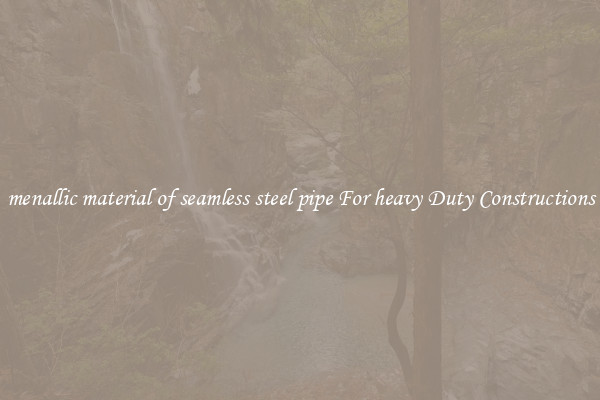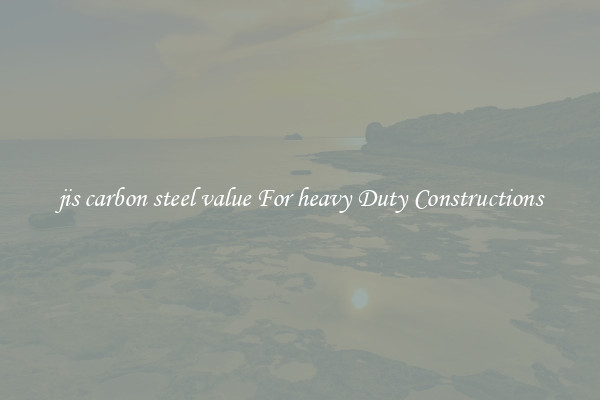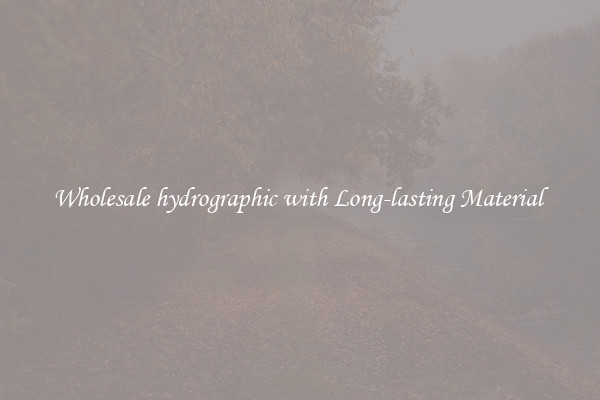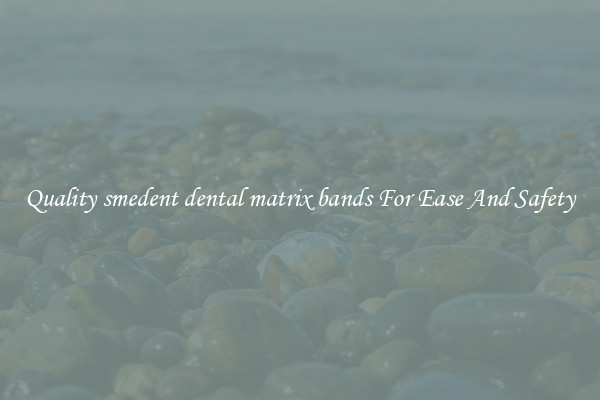secc material specification For heavy Duty Constructions
Steel-encased composite concrete (SECC) material specification is essential for heavy-duty constructions where strength and durability are crucial. This innovative material combines the flexibility of concrete with the strength of steel, providing excellent structural integrity for a wide range of applications, from bridges to high-rise buildings.
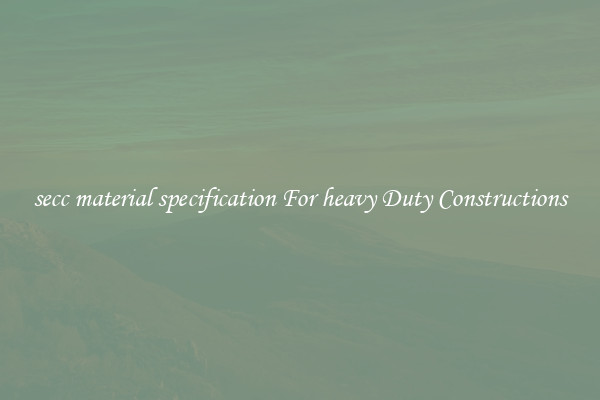
The SECC material specification typically includes a high-strength steel core encased in a layer of concrete. This combination creates a composite material that is resistant to bending, shearing, and compression forces, making it ideal for heavy-duty construction projects. The steel core provides excellent tensile strength, while the concrete layer helps to distribute loads evenly and prevent cracking. This unique combination of materials ensures that SECC structures can withstand the demands of heavy-duty applications.
In terms of specifications, SECC material for heavy-duty constructions must meet certain criteria to ensure its strength and durability. The steel core should have a high tensile strength, typically ranging from 70,000 to 100,000 PSI. The concrete layer should have a minimum compressive strength of 4,000 PSI to ensure that it can withstand heavy loads without fracturing.
SECC material for heavy-duty constructions is also commonly specified by its thickness. The steel core is typically between 1/4 to 1/2 inch thick, while the concrete layer can vary in thickness depending on the application. Thicker concrete layers are often used for projects where additional strength and durability are required, such as in high-rise buildings or bridges.
In addition to its strength and durability, SECC material for heavy-duty constructions also offers other benefits. It is resistant to corrosion, fire, and moisture, making it an excellent choice for structures that are exposed to harsh environmental conditions. SECC material is also highly versatile, allowing for a wide range of design possibilities and customizations to meet specific project requirements.
Overall, SECC material specification for heavy-duty constructions is essential for ensuring the strength, durability, and safety of structures in demanding applications. By meeting strict criteria for tensile strength, compressive strength, thickness, and other factors, SECC material can provide a reliable and cost-effective solution for a wide range of construction projects. Whether it's a bridge, high-rise building, or industrial facility, SECC material offers the strength and durability needed to meet the demands of heavy-duty construction projects.

View details
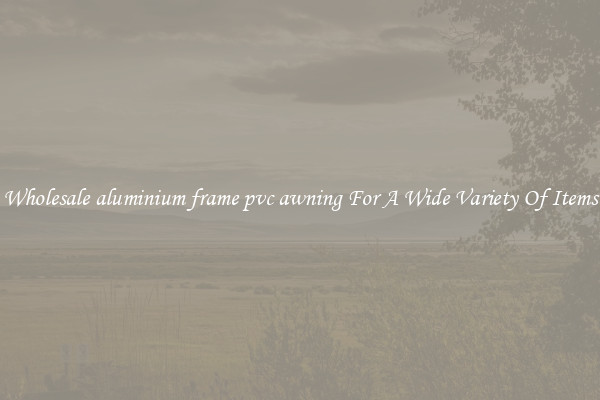
View details

View details
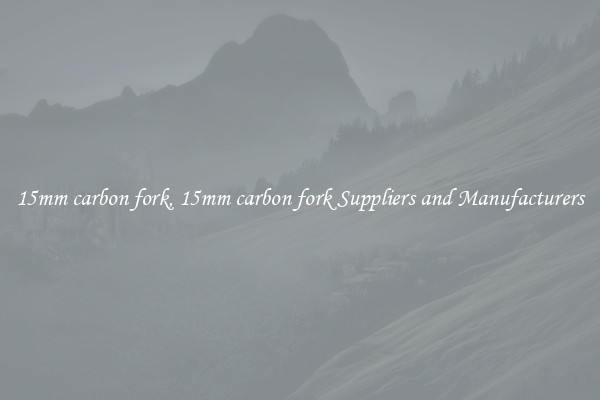
View details
